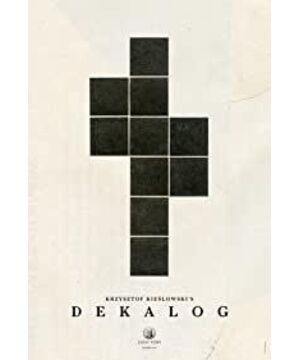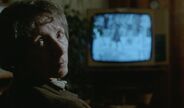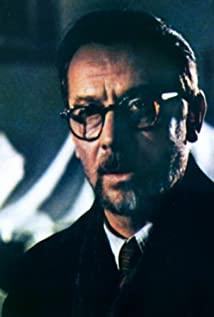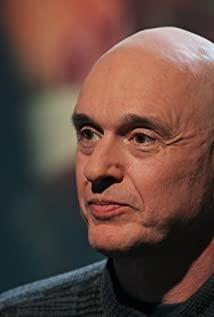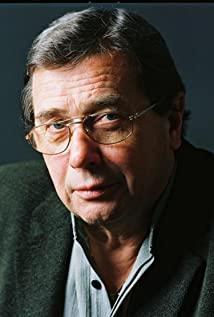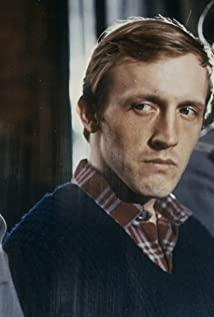Those familiar with Krzysztof Kieslowski probably started with the trilogy "Rouge", "Blanc", "Bleu" and "La Double vie de Véronique". As he once said: "I like to observe the fragments of life, and I like to take pictures of the life that I have glimpsed without knowing the cause and effect." After watching these films, it is like walking in a stagnant time and space tunnel Once upon a time, from the beginning to the end, you can watch the flowing images projected on the four walls with a "stunning glimpse", in the stories or fables carved close to the real but dreamy, with a kind of skipping the narration. Dawn's footsteps step into a pathetic and endless melody written by Tchaikovsky. The resonance of destiny, the subversion of dreams and reality, the thousands of lonely and connected roads glimpsed from the silence and silence, the cruelty, betrayal, care, possession, entanglement, warmth, helplessness, dependence that cannot be seen in human nature... ...all found shelter in the gentle light and shadow of Zbigniew Preisner's arrangement with Kieslowski.
"Dekalog Ten Commandments" is a series of feature films slightly earlier than the aforementioned films. It consists of ten short stories about 55 minutes in length. The shooting time only took nearly eleven months, and the corresponding but incomplete The Ten Commandments in the Bible.
In Hesse's "Siddhartha" there is such a statement: "Everything is necessary, everything requires my willing approval, everything requires my understanding and love; therefore everything is perfect to me, and nothing in the world can harm Me. I have learned through my soul and body that the fall is necessary. I must experience greed, I must go after wealth, experience disgust, fall into the abyss of despair, and learn to resist them. Learn to love the world, Stop comparing it to some desire and an imaginary world, some imaginary perfection. Learn to accept the world as it is, love it, and rejoice in belonging to it.” The Ten Commandments The ten stories in the book are the inevitable "abyss" in the moral and ethical system of human nature and human construction: the worship and superstition of science, the self-righteous humanism, and the freedom ethic of enjoyment. These unrestrained touches on feeling and constant self-infatuation make every decision in life difficult; those idol-like sticky notes and the urgent search for recognition are the painful traps and victims of people’s constant pursuit. swamp.
The characters in these stories have experienced the shackles of death, love, marriage, value, sex, war, family, desire, murder, and are wrapped in utter helpless despair in the chaotic and absurd values and beliefs of the world, those who tear their hearts The moment of the split lung, in the film, with tears, staring, hugging, kissing, holding and roaring, just as in the accidental interdependence of the ten stories of the film, in the desolate alley, in the dark wardrobe, in the messy room, On the side of the bonfire on the thick layer of ice, by the warm candlelight in the church, and in the fictional suicide note, I spy on the hardships and emotional pouring out of life in Poland's cold winter.
No reason is the best exhortation, and no story is the best fable. It is only from the unobstructed, sure and unmistakable moment that Kieslowski, with a sincere and compassionate, aware and broad heart, compels what may be happening to stop and to experience the connection to you beyond your feelings Somewhere, this is not some kind of feeling or belief, but the most direct and unspoken love for life.
Dostoevsky once warned people to beware of the "inquisitors" who regard the happiness of others as their own responsibility. Perhaps you will think that a sneering look and a mean word of yours will be a murderous blade.
View more about Dekalog reviews


